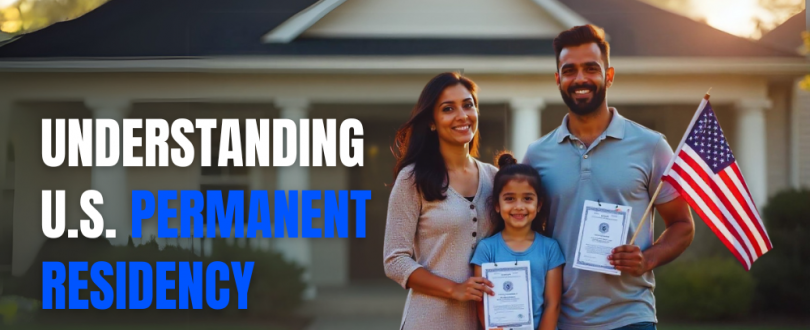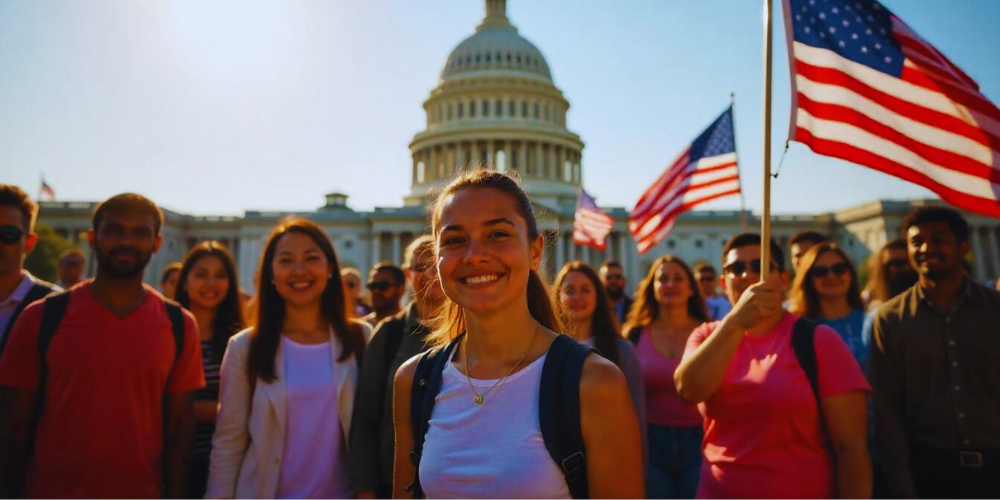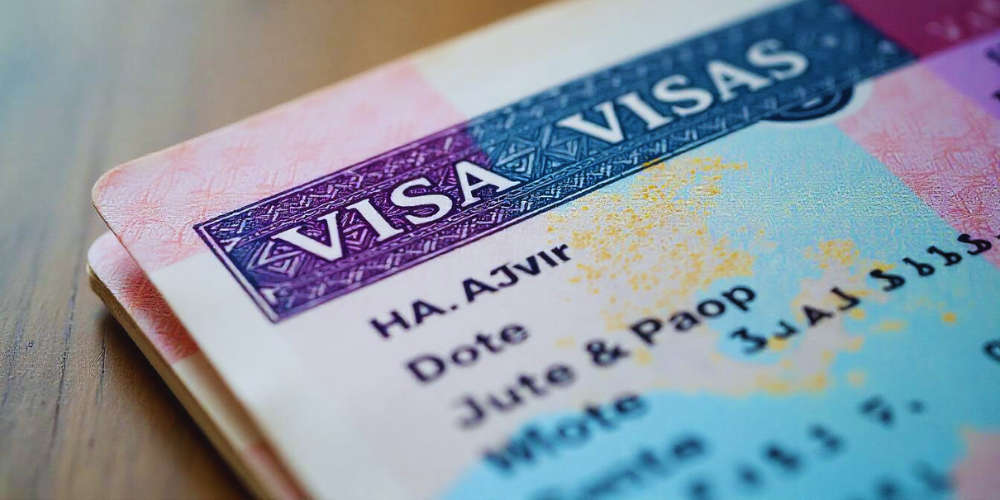
Becoming a permanent resident of the United States is an exciting and life-changing milestone. Known popularly as having a “Green Card,” this status opens doors to countless opportunities, security, and the ability to fully build your future in the U.S. Whether you’re just starting your journey or have recently become a permanent resident, understanding your new status fully can make your transition smoother and more enjoyable.
Let’s dive into what being a U.S. Permanent Resident means, including your rights, responsibilities, and the fantastic benefits that come along with it.
What Exactly is a U.S. Permanent Resident?
First things first: what does “permanent resident” actually mean? Simply put, a permanent resident is someone who has been authorized by the U.S. government to live and work in the United States indefinitely. Unlike temporary visa holders, permanent residents don’t have to worry about regular renewals or visa expirations.
The permanent resident status is symbolized by the “Green Card,” officially known as the Permanent Resident Card. Though historically green, the card has seen various designs and colors, but the name has stuck.

Rights of a U.S. Permanent Resident
As a Green Card holder, you’re entitled to several significant rights, nearly matching those of U.S. citizens, though there are some crucial differences:
1. The Right to Live Permanently
You have the right to permanently reside in the U.S., which means you can build your life here without constant worry about your status.
2. The Right to Work
Permanent residents can work for any employer in any job, except certain sensitive government positions requiring U.S. citizenship. There’s no need to apply for separate work permits or sponsorship.
3. The Right to Legal Protection
You’re fully protected under U.S. federal and state laws, including the right to due process and equal protection.
4. Freedom to Travel
Permanent residents can travel freely outside the U.S. and re-enter the country using their Green Card, though extended absences could potentially jeopardize their status.
5. Access to Public Services
You’re eligible for various public services, including education, social security benefits, and healthcare options, depending on your state’s regulations.
6. Sponsor Relatives
As a Green Card holder, you can sponsor certain relatives, such as your spouse and unmarried children, to come and live permanently in the U.S.
Responsibilities of a U.S. Permanent Resident
While you enjoy numerous rights, there are also key responsibilities you need to honor to maintain your status.
1. Filing Income Taxes
Permanent residents must file U.S. income tax returns annually, reporting income earned both in the U.S. and abroad.
2. Obeying Laws
Just like any other U.S. resident, you’re required to follow all federal, state, and local laws. Serious crimes could jeopardize your status.
3. Maintaining Residency
Avoid extended periods abroad. Typically, staying outside the U.S. continuously for more than a year may lead to abandonment of your permanent residency.
4. Updating USCIS
You must notify U.S. Citizenship and Immigration Services (USCIS) of changes in your address within 10 days to comply with immigration law requirements.
5. Selective Service Registration
Men aged between 18 and 26 must register with the Selective Service System, the potential military draft, within 30 days of receiving permanent residency.

Benefits of Being a U.S. Permanent Resident
Now, let’s talk about the amazing benefits that come with your new status:
1. Employment Freedom
Explore career opportunities freely without worrying about work visas. Many employers prefer permanent residents due to fewer bureaucratic hurdles.
2. Education Opportunities
Gain access to educational benefits, such as lower tuition rates available to residents, state scholarships, and financial aid programs not accessible to international students.
3. Pathway to Citizenship
After five years (or three years if married to a U.S. citizen), you’re eligible to apply for U.S. citizenship, gaining additional rights like voting and traveling with a U.S. passport.
4. Access to Government Assistance Programs
Eligibility for Social Security, Medicare, Medicaid, and other assistance programs increases your financial security and peace of mind.
5. Financial Opportunities
Permanent residents have better access to home and business loans, investments, and other financial services compared to temporary residents or non-residents.
6. Stability and Family Security
Your permanent resident status allows your family to establish roots, ensuring stability, security, and better prospects for you and your loved ones.

Common Misunderstandings and Pitfalls
Traveling Abroad Excessively
One common mistake Green Card holders make is staying outside the U.S. for extended periods. If you must leave for over six months, consult with an immigration lawyer to ensure you don’t accidentally abandon your residency.
Failing to Update Address
This small oversight can lead to serious problems. Always promptly notify USCIS of address changes to avoid complications with your status.
Not Registering for the Selective Service
Young men sometimes forget this obligation, which could complicate citizenship applications later. Registering is simple and can be done online.
Ignoring Tax Obligations
Avoid complications by consistently filing taxes, even if you earn money abroad or think you don’t owe anything.
Making the Most of Your Permanent Resident Status
To truly benefit from your Green Card, here are some proactive steps:
– Keep your Green Card updated and renew promptly.
– Consider applying for U.S. citizenship as soon as you are eligible.
– Engage in your community to fully integrate and enrich your U.S. experience.
Being a U.S. Permanent Resident comes with incredible opportunities and some crucial responsibilities. By understanding your rights, fulfilling your duties, and actively engaging with your community, you’ll maximize the many benefits of your status and fully enjoy your life in the United States.

